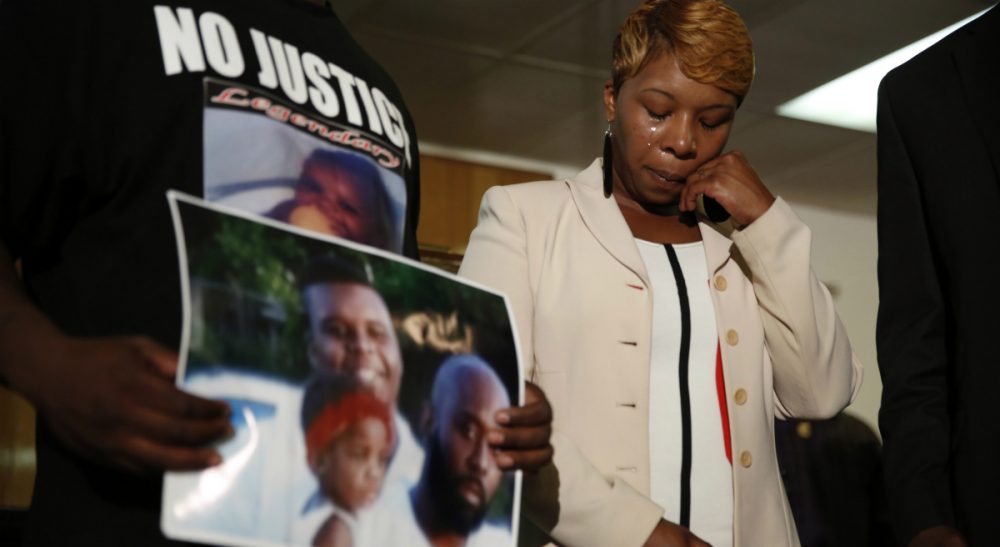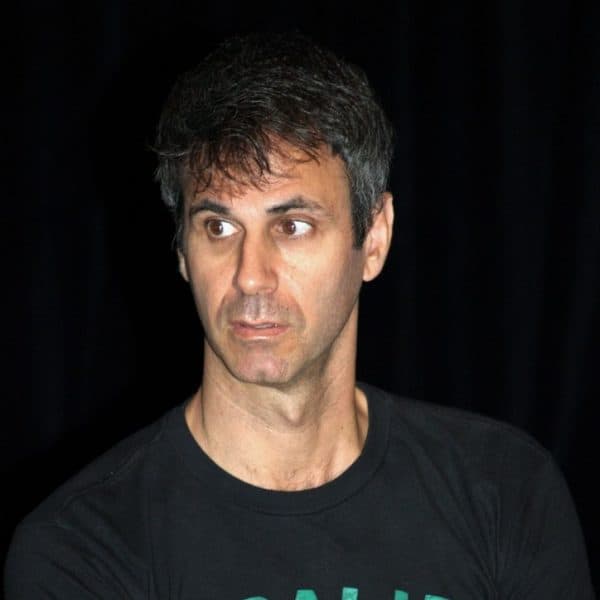Advertisement
Why Michael Brown’s Death Feels So Familiar

I recently got into a tiff with a friend of mine over the grand jury’s decision not to indict Darren Wilson, the white police officer who shot and killed Michael Brown, an African American teenager, after an altercation in Ferguson, Missouri in August.
For the record, I was in the wrong. I suggested to my friend that no good would come of an indictment, that Wilson would almost certainly be found not guilty of murder, and that the media would gin up coverage of the trial in a manner that would further polarize Americans.
I still believe this is true. But it’s also clearly true that the grand jury process was abused in a manner that contradicts its very purpose, which is to present the prosecution’s case. And it is beyond dispute that a cop fired at least six bullets into an unarmed teenager. (I’ll let Antonin Scalia explain the details.)
I can’t help feeling distressed by the predominant reaction to the slaying of Michael Brown ... which has been indignation and moral surety, not sorrow and anguish.
As my friend aptly observed, an indictment would have sent a powerful message, especially to law enforcement officers, about the value of all human lives and the consequences of taking one.
And yet I can’t help feeling distressed by the predominant reaction to the slaying of Michael Brown — both from my friend and the nation at large — which has been indignation and moral surety, not sorrow and anguish.
To a certain segment of the population (largely white, older, conservative) Brown is a thug who provoked a lethal confrontation and was cut down in a righteous act of self-defense. To a second segment (largely non-white, younger, liberal) Wilson perpetrated a racially motivated murder and is now being protected by an inherently racist justice system.
Neither side has much capacity to see the moral ambiguities of the case, which stem, after all, from a frenzied episode that lasted all of 90 seconds. Instead, it has become yet another pretext for collective grievance.
To be clear, African Americans and other citizens of color who live with police harassment and the broader inequalities of our criminal justice system on a daily basis have every right to be upset.
Based on the evidence presented to the grand jury, it’s hard to deny that Wilson panicked and used excessive force. In his testimony, he stressed how helpless he felt, despite being an armed policeman who stood over six feet and weighed 200 pounds, when faced off against Brown: “The only way I can describe it, it looks like a demon, that’s how angry he looked.”
What’s striking here isn’t just his disturbing use of the pronoun “it,” but his concerted effort to portray himself as a helpless victim who had to shoot an unarmed teenager who was several yards away from him.
And yet no one can know exactly what happened and pretending we can misses an essential truth: human behavior in extremis is a realm of doubt and chaos.
Michael Brown’s death should mean more to us as a nation than just another media scandal, and this will require more than Darren Wilson being held to account for his actions.
Michael Brown’s death should mean more to us as a nation than just another media scandal, and this will require more than Darren Wilson being held to account for his actions.
It will require that people of color in this country — along with those disenfranchised by poverty, or simply sick of inequality — to engage in a sustained civic and political campaign.
There is no doubt at all as to this country’s moral failings. They arise, at least in part, from an inequality of economic opportunity and circumstance, a legacy of racial bias that is ingrained and habitual, and an overt effort to disenfranchise poor and minority voters.
Opposing these larger and more pervasive policies and attitudes is not as glamorous or instantly gratifying as a rousing protest or televised riot. It’s not a revolution. But it is how citizens of a democracy effect systemic change, how we convert sorrow and doubt into genuine moral progress.
We get organized. We register to vote. We show up at town council meetings and at the polls. We accept that tyranny resides not just in the words and deeds of others, but our own inaction.
Related:
- Cognoscenti: Is Racism Too Entrenched To Be Defeated?
- Cognoscenti: Lessons Of Ferguson For Massachusetts
